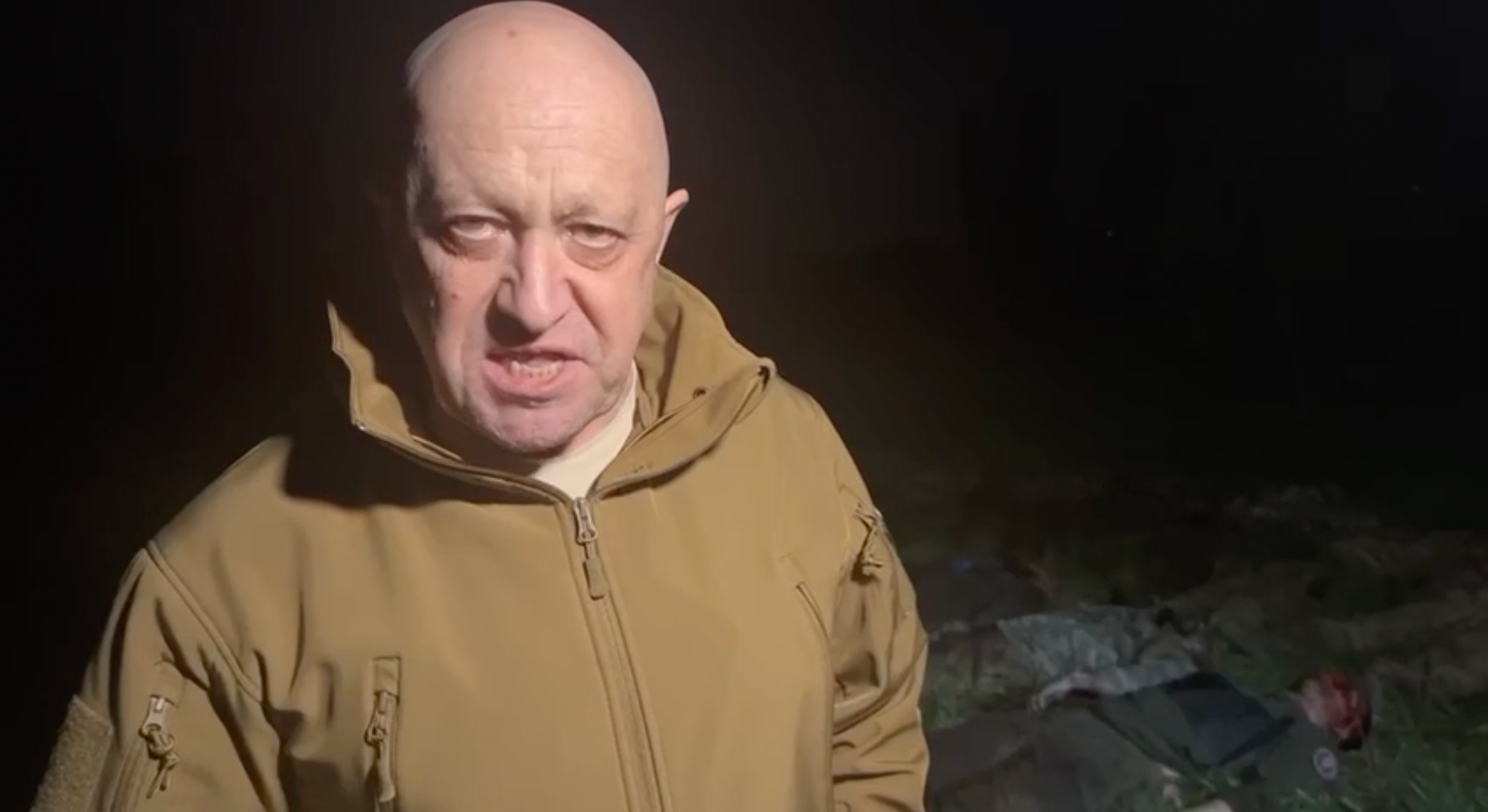UK Defense Ministry: Prigozhin's death to cause destabilizing power vacuum in Wagner

The reported death of Yevgeny Prigozhin and other senior members of the Wagner Group will "almost certainly" have a destabilizing effect on the mercenary company, the U.K. Defense Ministry said in its latest intelligence report on Aug. 25.
"The demise of Prigozhin would almost certainly have a deeply destabilizing effect on the Wagner Group," the ministry said.
"His personal attributes of hyper-activity, exceptional audacity, a drive for results and extreme brutality permeated Wagner and are unlikely to be matched by any successor."
The update noted that the list of passengers who presumably died in the crash also included other top figures of the Wagner Group, including its co-founder and field commander Dmitry Utkin and logistics chief Valery Chekalov.
The intelligence report stressed, however, that there is no definitive proof that Prigozhin is indeed dead, although it remains highly likely.
On Aug. 23, a private Embraer Legacy aircraft presumably carrying Prigozhin and other senior members of the Wagner Group crashed near the village of Kuzhenkino in Tver Oblast while flying from Moscow to St. Petersburg. All 10 people on board died in the crash.
The Institute for the Study of War (ISW) said that the presumed death of the group's leadership will likely prevent it from resisting efforts by the Kremlin and Russian Ministry of Defense to "weaken, subsume, and destroy the organization."
In an act of "almost certain assassination," the Russian government has removed "any remaining means Wagner had to operate independently of the Russian Ministry of Defense," the ISW experts commented.
Prigozhin often came into conflict with Russian Defense Minister Sergei Shoigu and military leadership over the ministry's efforts to curb the group's independence.
The cause of the crash remains unclear. Ukrainian President Volodymyr Zelensky told reporters on Aug. 24 that Ukraine did not orchestrate the crash, but said that "everyone understands" who is behind it, presumably implying Russian dictator Vladimir Putin.
The likely cause was a bomb onboard or "some other form of sabotage," according to unnamed U.S. officials cited by the Wall Street Journal on Aug. 24.
Russian President Vladimir Putin addressed Prigozhin's reported demise on Aug. 24, wishing condolences to the family and saying that the warlord "made mistakes" but "got the results he wanted both for himself and for the common cause."












